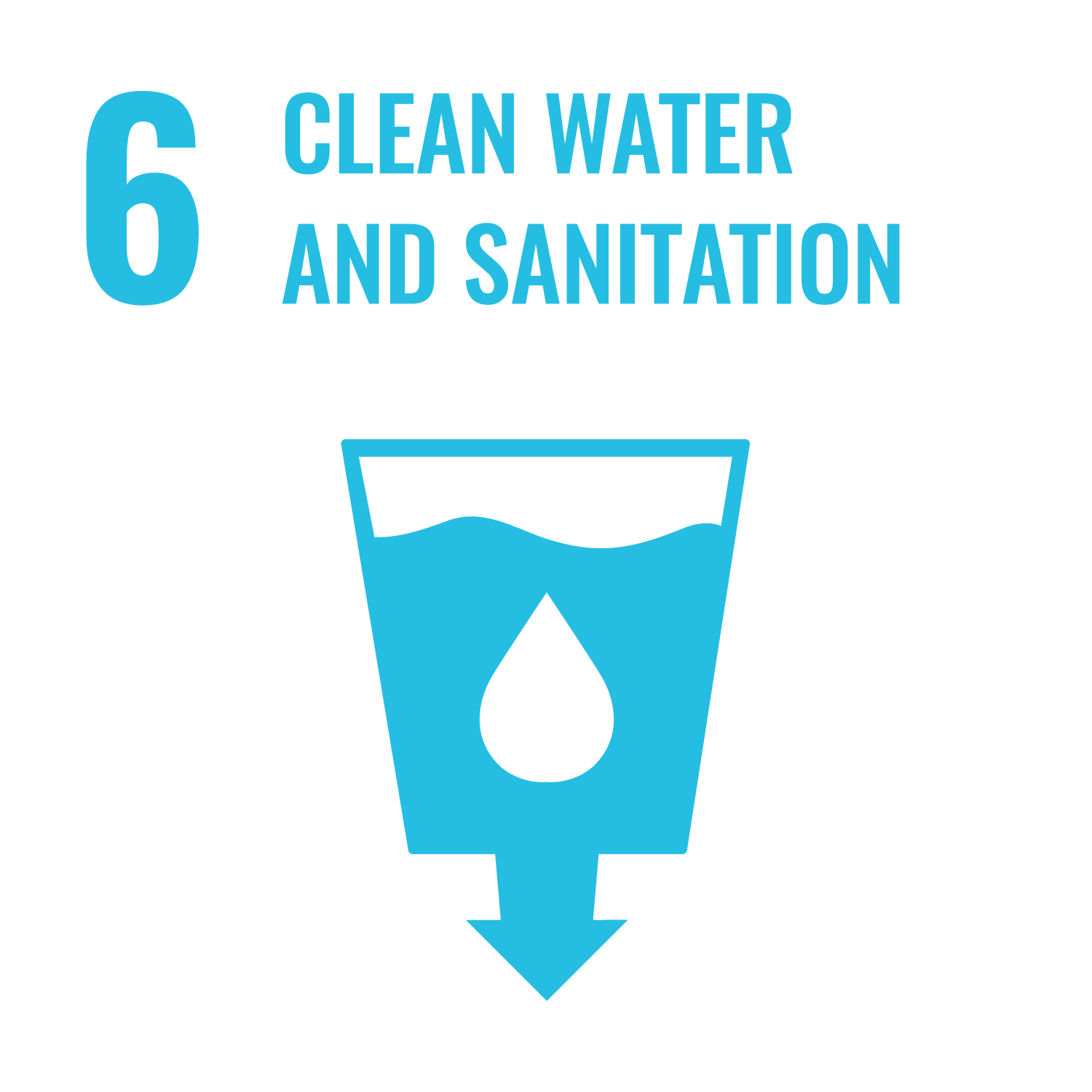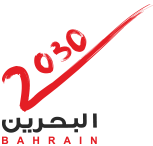NEWS
University of Bahrain Professor Co-Authors Nanoscience Book Published by American Global Publisher

A new scientific book authored by Dr. Mohamed Bououdina, Professor of Physics at the University of Bahrain, along with several experts and specialists in nanoscience, has been published by the American global publishing house IGI Global. The book, titled “Emerging Research on Bio-inspired Materials Engineering”, explores contemporary nanotechnology topics in nature-inspired materials engineering.
The book, which consists of 12 chapters, presents scientific research, studies, and ideas that demonstrate how components from nature can be used to produce various eco-friendly materials.
Dr. Boudina described the publication as a scientific guide that compiles key research in the fields of nanoscience, nanotechnology, and advanced materials. He noted that the book has been indexed by prominent scientific databases such as Scopus.
The new release covers a broad range of topics including biocompatibility, nanotechnology, nanomaterials, biomanufacturing, tissue engineering, drug delivery, self-healing materials, genetic control engineering, and gene design.
Dr. Boudina emphasized that researchers and specialists from several countries—Bahrain, Algeria, Turkey, the United States, South Korea, India, and Bulgaria—contributed to the research and enriched the book’s content.
He also revealed that he is preparing a series of new books in collaboration with De Gruyter, a German publishing house. The first book in the series, titled “Developments in Natural Polymer Composites (Crystals)”, is expected to be ready for publication next year (2017).
Dr. Hesham Ahmed Al-Sayed, Dean of the College of Science, stated that this publication represents one of the most significant achievements by the college’s faculty members in contributing to the global production of scientific knowledge. He added that such achievements enhance the University of Bahrain’s standing among world universities, as scientific knowledge production contributes approximately 60% to the global ranking of academic institutions.
















